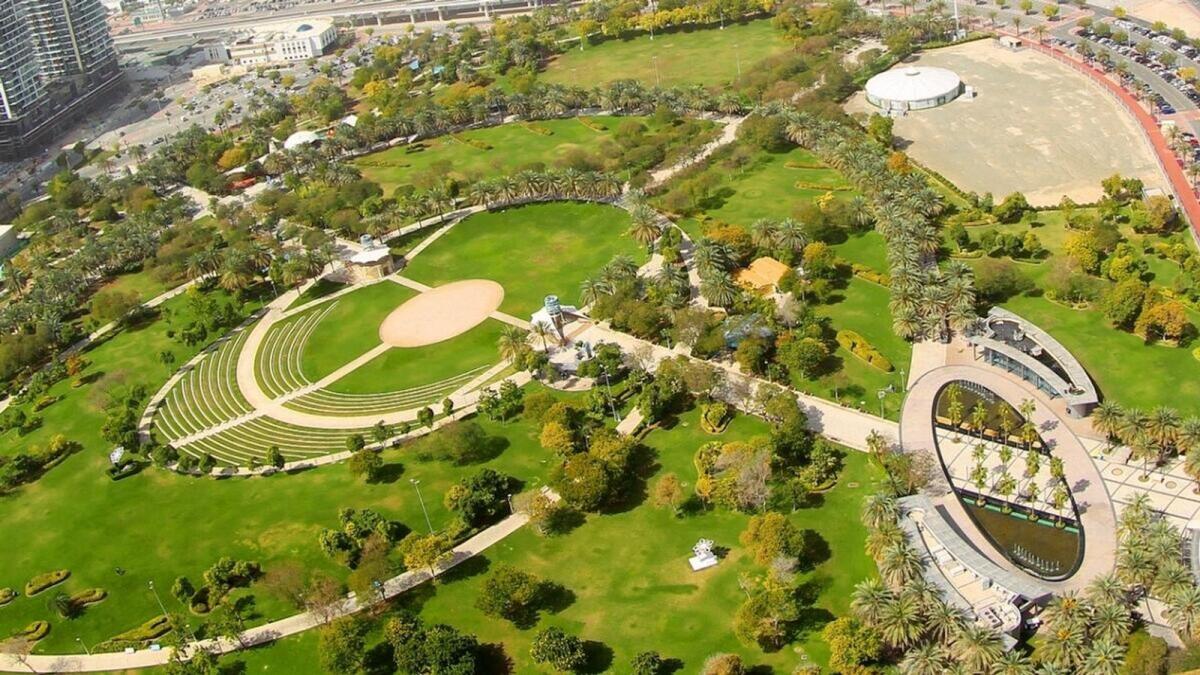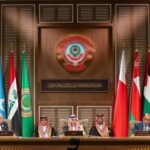Dubai’s Crown Prince launched the Dubai Quality of Life Strategy 2033 with the goal of transforming Dubai into the world’s best city to live in. Sheikh Hamdan bin Mohammed bin Rashid Al Maktoum announced the strategy, which includes 200 projects and initiatives to ensure residents can access essential services within 20 minutes. The project aims to make Dubai a pedestrian-, environment-, and family-friendly city. Sheikh Hamdan highlighted the importance of cultural diversity and vibrancy in Dubai’s development journey.
The strategy focuses on innovative initiatives to improve public amenities such as parks and beaches. It includes plans to develop over 200 parks, expand cycling tracks on beaches by 300%, lengthen night swimming beaches by 60%, designate new beaches exclusively for women, and enhance Dubai’s outlying areas. Sheikh Hamdan discussed the vision for designing model neighbourhoods in Al Mizhar 1, Al Khawaneej 2, and Al Barsha 2 to improve social amenities, promote healthy living options, and enhance community connections through infrastructure upgrades.
The strategy also entails creating more than 115 km of pedestrian and cycling tracks, planting over 3,000 trees and plants, and providing over 20 investment opportunities in Phase 1 for residents. It includes upgrading collector streets, constructing shaded canopies, lanes for bikes and e-scooters, pedestrian walkways, restrooms, and family recreational spaces. The vision also involves landscaping, constructing architectural gateways, and enhancing alleyways and street intersections to improve safety and accessibility.
Furthermore, the strategy offers investment opportunities for locals, enhances public services, and introduces the concept of the ’20-minute city’ to ensure residents can access essential services within a short journey on sustainable mobility options. The Crown Prince also reviewed designs for the next generation of parks in Dubai, featuring innovative elements that cater to community needs, reflect each district’s character, and promote sustainability for overall wellbeing. Over 30 parks with these new designs will be developed across the emirate in the coming years.
The strategy includes projects and initiatives to enhance wellbeing while maintaining environmental sustainability. It involves monitoring aquatic environments and air pollutants through dedicated stations and sites, implementing the world’s largest waste-to-energy conversion project, providing wildlife reserves and marine reserves, and preserving Dubai’s biological diversity. Initiatives also include expanding electricity charging stations and developing the Mohammed bin Rashid Solar Park to promote sustainable energy practices.
Integrated development projects will improve Dubai’s beachfront areas, including upgrading Jebel Ali Beach, Jebel Ali Caravans Camp Beach, Jumeirah, Umm Suqeim, and Al Mamzar Beaches. Key targets for 2025 include a 300% increase in public services, full accessibility for people with disabilities and senior citizens, expanded cycling tracks on beaches, longer night swimming beaches, and new beaches exclusively for women as part of the Dubai 2040 Urban Master Plan.
To enhance the tourist experience, the strategy will focus on areas like Hatta, Lehbab, Al Marmoom, Al Lisaili, Al Faqa’, Nizwa, Al Awir, and Margham. Initiatives will create investment opportunities, support local products, and conserve natural reserves and archaeological sites. The strategy includes a 162% increase in services like health, schools, parks, and mosques, meeting housing needs in outlying areas, developing the Saih Al Salam Path, and enhancing Hatta with various projects for residents.
Acknowledging the importance of green spaces, the strategy aims to increase the planting of trees and flowers in streets, parks, and squares, along with implementing sustainable irrigation projects. The strategy prioritizes greenery as a crucial element, with projects to expand public parks, develop over 200 parks and squares, and increase the total green area in Dubai by 2033. These initiatives align with Dubai’s sustainability standards and emphasize the environmental benefits of green spaces in reducing carbon emissions and improving air quality.





















